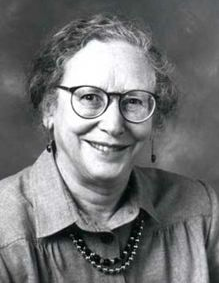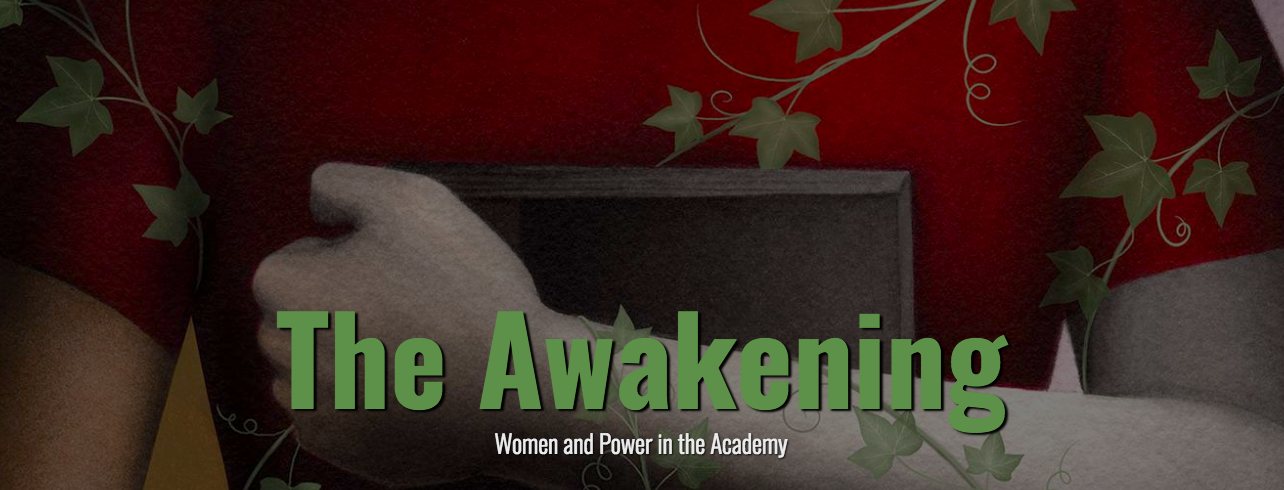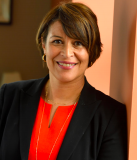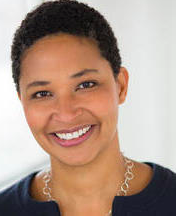The culture of promotion, generations of women faculty, & “anger and companionship”
Think for a moment. How many full professors do you know at Homewood who are women? Now think back 15 years or so ago. How many of those faculty were arriving here, as assistant professors, and then went through rounds of promotions to arrive at full professor? That is to say, to what extent does the Homewood campus hire, mentor, promote, and retain women faculty? It’s a serious question about academic culture here, one we have only partial data on. This is one of the aspects of “organizational climate” that we will consider next week at Where We Stand (5:30-7pm on Thursday 10/25, Mudd Atrium).
The paths that women take through and around academic culture have been on my mind because of (of course) the NAS report on sexual and gender harassment, and it was in that spirit that I read University of Florida Professor Judith Pascoe’s recent article “Carolyn Heilbrun Told You So,” which considers the oeuvre of the late feminist, literary scholar, and mystery writer. (Professor Heilbrun earned her PhD in 1959 and in 1972 was the first woman to gain tenure in the Columbia University English department.)
I expected some rousing feminist prose from Heilbrun, but what I wasn’t fully prepared for were passages that we could just cut and paste into next week’s Where We Stand event. But there it is.
Here’s one excerpt from Pascoe’s piece:
If there’s a leitmotif running through Heilbrun’s writings, it’s a gloomy consideration of insiders versus outsiders, of those who swan about the academy like grandees versus those who tiptoe or stumble over tripwires. “At the simplest, most fundamental level, an outsider is identified by exclusion from the cultural patterns of bonding at the heart of society, at its centers of power,” Heilbrun wrote in Reinventing Womanhood [1979]. Near the end of her career, she delivered a lecture in which she described the most salient sign of liminality as “its unsteadiness, its lack of clarity about exactly where one belongs and what one should be doing, or wants to be doing.”
Pascoe reminds us of the role Heilbrun saw for “the oldest women in the room”:
At the end of Writing a Woman’s Life [1988], Heilbrun says, “I do not believe that death should be allowed to find us seated comfortably in our tenured positions. … Instead, we should make use of our security, our seniority, to take risks, to make noise, to be courageous, to become unpopular.”
Pascoe closes, reflecting on #MeToo:
Only now is the feminist soaker hose that Heilbrun and her contemporaries hauled around the parched garden of academia beginning to flush out predatory male professors. Only now are a handful of those men being sent off to earlyish retirement. She hoped the writings of older feminists in the academy would help younger women “name their anger and find companionship in enduring it.”Perhaps that is one hope in which she would not have been disappointed.
Image: https://en.wikipedia.org/wiki/Carolyn_Gold_Heilbrun
 A stunning collection of brief essays and images from the Chronicle. Scroll through to find Martha S. Jones‘ beautiful contribution on the power of telling stories.
A stunning collection of brief essays and images from the Chronicle. Scroll through to find Martha S. Jones‘ beautiful contribution on the power of telling stories.


 . Vice Provost Hewitt introduces the report this way:
. Vice Provost Hewitt introduces the report this way: cousin Michael) gave a “radically woke and deeply conservative” commencement speech (video & transcript published in the Atlantic
cousin Michael) gave a “radically woke and deeply conservative” commencement speech (video & transcript published in the Atlantic